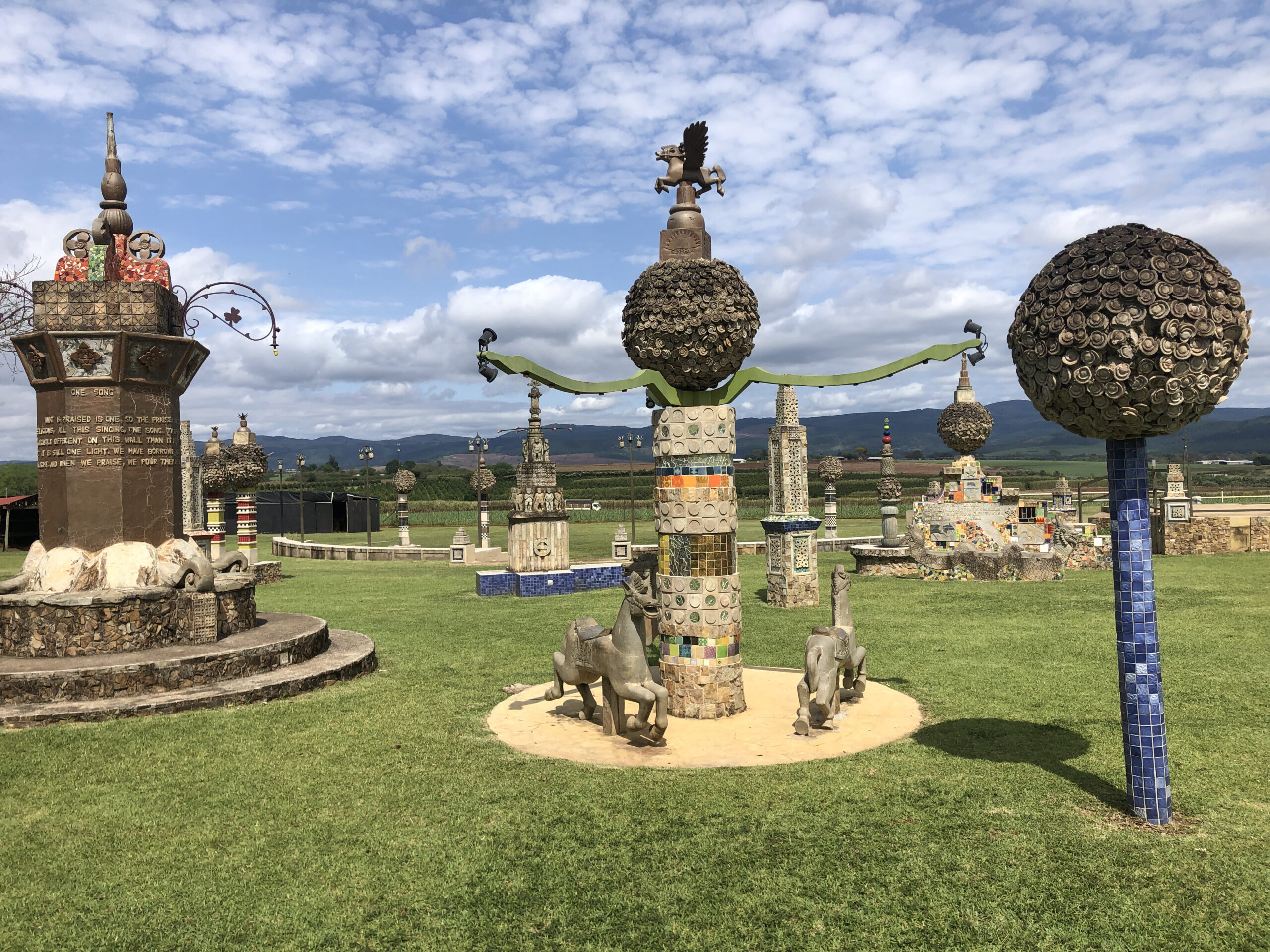On the 50th anniversary of regaining independence, in 2018, the country underwent a name change and it is now called eSwatini. This name reflects pre-colonized times, and means the land of the Swazi people. Swaziland was the name assigned by the English. On this website, it will be referred to in both ways, for the familiarity of the readers.
The Kingdom of Swaziland is a small land locked country in southern Africa. Often people do not know very much about the Swazi people or their country. We hope this page will help provide some insight into Swaziland.
AT A GLANCE STATS
Population – 1,172,000
Gross National Income per Capita – 5 923 US$
Life Expectancy at Birth – 56.5 for males, 65.4 for females (global average: 70)
Total fertility Rate – 3.3 children/ woman (global average: 2.4)
Percentage of Children Who Die Before the Age of 5 – 10% (global average: 5%)
Maternal Mortality Ratio per 100 000 Live Births – 320(global average: 210)
Infact Mortaility Ratio per 1000 Live Births – 57
Total Expenditure on Health per Capita – 434 US$
Total Expenditure on Health as % of GDP -8%
DISEASE STATS
Prevalence of HIV/ 100 000 – 15 815 (global average: 499)
HIV has gravely affected Swaziland. Currently 25% of the adult
population is living with HIV, and Swaziland is considered to have the
highest prevelance of HIV in the world. 23% of deaths under the age
of 5 are related to HIV. HIV also contributes to numerous social and
economics problems, and is largely responsible for Swaziland’s
high number of orphans (10% of their population).
Prevalence of Tuberculosis/ 100 000 – 854 (global average: 170)
In 2017, 25% of the adult population is living with HIV, and Swaziland is considered to have the highest prevalence of HIV in the world.
GOVERNMENT, PEOPLE, AND LANGUAGE
Official Languages – English and siSwati
Religion – Zionist: Blend of Christianity and indigenous ancestral worship (40%) , Catholic (20%), Muslim (10%), Other (30%)
Capital – Mbabane (74 000 people)
Government – Monarchy (King Mswati III since 1986) and Legislative Branch (Prime minister Barnibas Dalamini)
Independence – 1968 September 6 (from the UK)




